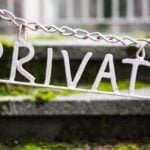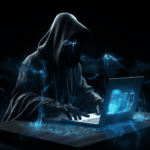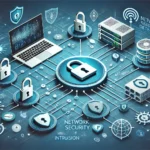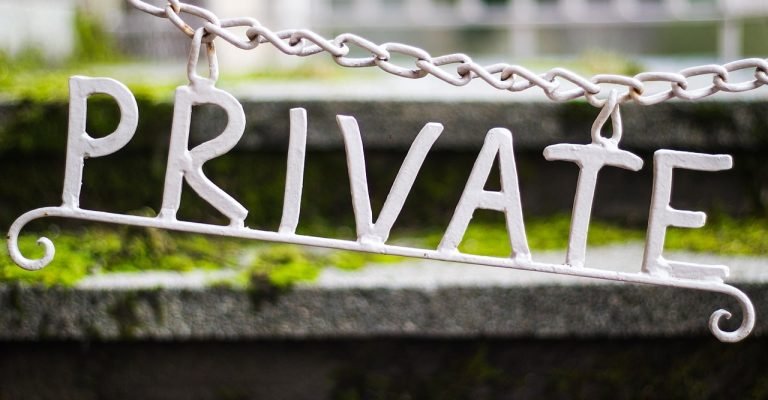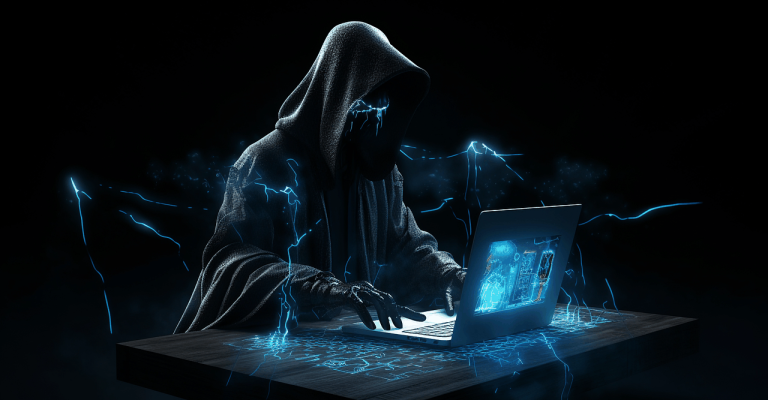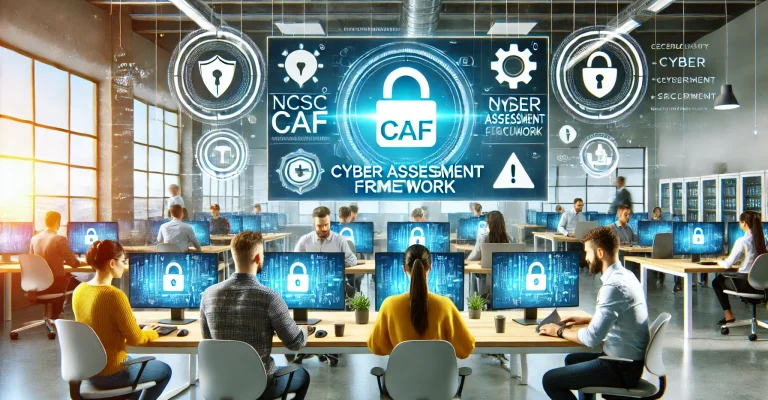Introduction
The Dark Web is a term that frequently appears in discussions about internet security, but what exactly is it? This comprehensive guide aims to shed light on the dark web, elucidate its dual-nature, and provide you with strategies to protect yourself should you decide to venture into this enigmatic online world.
What is it, Anyway?
The dark web refers to a concealed segment of the internet, inaccessible via conventional search engines or browsers. While often equated with illicit activities such as drug dealing, arms trading, and identity theft, it also serves legitimate functions, including safeguarding user anonymity and facilitating the free flow of information in restricted regions.
The Grey Zone: Legitimate Uses of the Dark Web
The dark web isn’t solely a haven for unlawful conduct. There are numerous legal and ethical reasons why individuals may opt to use it. For instance, activists, journalists, and whistleblowers often rely on the dark web to bypass government censorship or to communicate securely, avoiding retaliation or prosecution.
A Cautionary Note: The Dark Web’s High-Risk Activities
While the dark web has its legitimate uses, it’s essential to remember that it’s also a breeding ground for illegal and high-risk activities. The dark web is notorious for drug trafficking, human smuggling, and illicit weapons sales. If you’re not careful, you could unwittingly become involved in activities that have severe legal repercussions.
Identity Theft: A Growing Concern
Identity theft remains a considerable concern on the dark web. Specialised marketplaces exist for the sole purpose of trading stolen personal data, from bank account numbers to Social Security details. Falling victim to identity theft can have long-lasting ramifications, affecting your financial health and credit score.
Malware, Ransomware, and Viruses: The Dark Web’s Invisible Menace
The dark web is rife with sites hosting malicious software aimed at harming your computer or stealing your data. Some sites might even distribute ransomware, locking you out of your own files until a ransom is paid. These threats often operate stealthily, infecting your system without your knowledge.
Additional Threats: Scams, Frauds, and Phishing Attacks
Besides the direct threats of identity theft and malware, it also houses a multitude of scams and fraudulent operations. These range from Ponzi schemes to phishing attacks designed to steal your login credentials. What makes this particularly tricky is that these threats are often sophisticated and not easily distinguishable from legitimate services.
Safeguarding Measures: How to Protect Yourself
Navigating the the darker side of the web isn’t for the faint-hearted, but if you decide to explore it, arm yourself with the best protective measures. Here are some tips:
- Use a Reliable VPN: A Virtual Private Network (VPN) can mask your IP address, making it more difficult for anyone to track your online activities.
- Employ a Secure Browser: Consider using the Tor browser, which routes internet traffic through multiple servers, thereby enhancing user anonymity.
- Update Your Antivirus Software: Keep your antivirus software up-to-date to better defend against malware and ransomware attacks.
- Strong Passwords are a Must: Utilise strong and unique passwords for all your online accounts to reduce the risk of identity theft.
- Be Skeptical: Maintain a healthy degree of skepticism when encountering offers or services. If something seems too good to be true, it probably is.
The Ever-Evolving Nature of the Dark Web
It’s crucial to keep in mind that the this area of the web isn’t static. New technologies and methodologies are continually being developed to outsmart law enforcement agencies and to improve user anonymity. Staying updated with the latest security measures is essential for anyone looking to explore the dark web safely.
Conclusion
The dark web is a multifaceted entity, capable of both good and bad. While it can serve as a tool for freedom of speech and privacy, it also has a darker side that could pose significant risks. Therefore, if you decide to navigate this obscure part of the internet, make sure you are well-informed and adequately protected.
For more insights into internet security, you might find the reports by The UK’s National Cyber Security Centre useful, as well as Europol’s Internet Organised Crime Threat Assessment.
Remember, forewarned is forearmed. Equip yourself with knowledge and robust security measures to navigate the complexities and dangers of the dark web safely.
